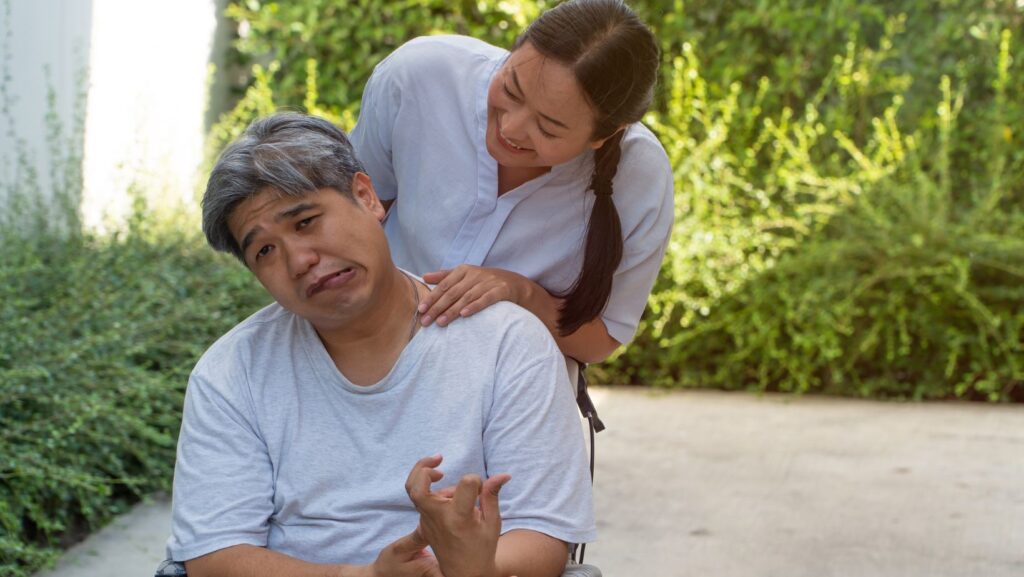Perhaps you are dealing with obesity and/or high blood pressure and are worried that you are on your way to a stroke. Or maybe you have a relatively healthy lifestyle but are still at risk due to your age and family history. Either way, you need to know not just how to prevent a stroke but also what to do if you would ever get one. Being prepared is important since it will make stroke recovery faster and easier for you while giving you hope for a brighter future ahead.
Here are some tips that will help you improve your health and fitness after a stroke and enjoy a speedy recovery:
Do not Hesitate to Ask for Help
Even a mild stroke can impair your balance, vision, and movement and make it difficult for you to bathe, dress, eat, and perform other activities of daily living. Because of this, you will have to arrange for help before you even leave the hospital, either by signing up for a rehabilitation facility or hiring respite care professionals to come to your home. Even if your loved ones insist on being your caregivers, it’s still advisable to hire a home care expert. This way, they will have someone who can relieve them for a few hours or days per week and help them avoid caregiver burnout.
Access the Required Therapies
As mentioned above, strokes can affect parts of your brain that make daily activities difficult to manage. Fortunately, you can improve your brain function and regain your skills by undergoing therapy. For example, if your stroke has made it difficult for you to speak, consider working with a professional who specialises in speech therapy NDIS.

With their help, you will relearn how to properly use your vocal cords, correctly pronounce the sounds in words, and minimise any stuttering that you may have developed.
Overhaul Your Diet
Many people will tell you that the best way to improve your diet is before a stroke. But, while this is true, remember that it is never too late to eat healthier ― especially while you’re in recovery. Generally, it is ideal to eat like ancient humans since their diets were filled mostly with fresh produce and high in antioxidants. Apart from eating healthier foods and vegetables, there are many other more nutritious and detoxifying alternatives, such as organic ashwagandha tablets, moringa powder, or organic spirulina. However, it is still important to consult your physicians to know which specific food items you should avoid and which ones must be added to your diet.
Follow an Appropriate Exercise Routine
After a stroke, it can be tempting to throw yourself into a new fitness routine in an attempt to fast-track your way to better health.

However, this is not a good idea since it can put you at risk for overexertion. Remember: pushing your body while it is in recovery mode can lead to injuries, so you’ll want to stick to a fitness routine that’s tailored to your current ability. Work with licensed physical therapists and occupational therapists who can guide you through the appropriate exercises and help you challenge your body in a safe, injury-free way.
Be Kind to Yourself
Recovering from a stroke is often a “one step forward, two steps back” experience. Because of this, stroke patients are often advised to be patient and trust the process — no matter how hard and frustrating it might be. Keep working with trusted medical professionals and following their advice to stay on track with your recovery and reach your goals within the appropriate time frame.
Use the tips listed above to recover quickly after a stroke and improve your overall well-being! If you need additional advice on health and fitness, feel free to explore the rest of our website and read what our experts have to say.
